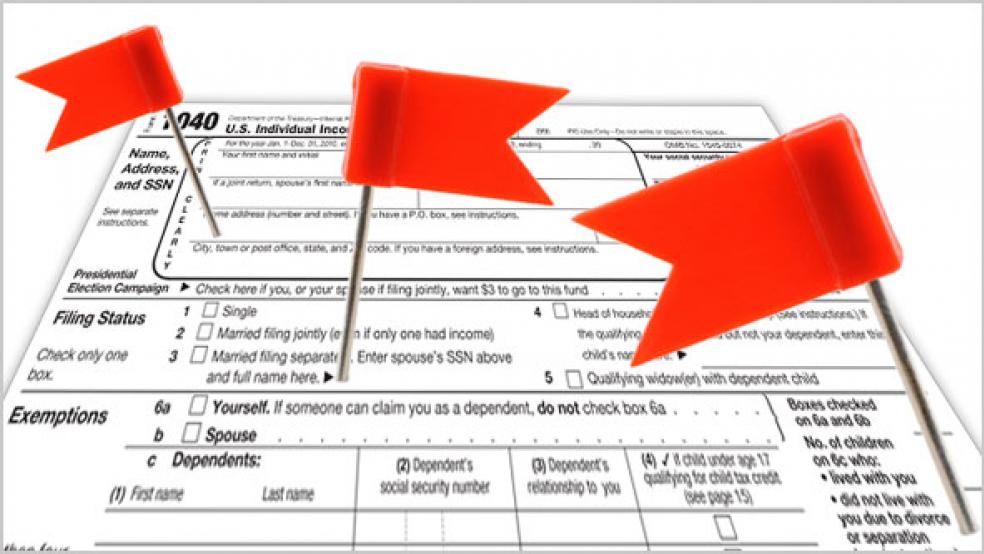The caller on the other end of the phone says you’ve been hit with a tax penalty, owe more taxes or are about to get a refund. You (or your accountant) get an email asking you to update your information on the IRS e-services portal. Or a letter arrives with a request for your personal financial information or a tax payment on official-looking letterhead.
Related: The Tax Refund Scam That’s Surging in 2015
Those tax scams have been going on for a while — the Treasury Department’s Inspector General for Tax Administration has gotten reports of 600,000 such attempts since October 2013, with more than 4,000 victims losing more than $20 million as a result of these schemes. But the IRS warned Thursday that the scammers employing such tricks have been getting more sophisticated:
“In a new variation, scammers alter what appears on your telephone caller ID to make it seem like they are with the IRS or another agency such as the Department of Motor Vehicles,” the IRS warning said. “They use fake names, titles and badge numbers. They use online resources to get your name, address and other details about your life to make the call sound official. They even go as far as copying official IRS letterhead for use in email or regular mail.
“Brazen scammers will even provide their victims with directions to the nearest bank or business where the victim can obtain a means of payment such as a debit card. And in another new variation of these scams, con artists may then provide an actual IRS address where the victim can mail a receipt for the payment – all in an attempt to make the scheme look official.”
Related: 3 Costly and Common Tax Scams to Avoid
The IRS offered these tips on how to tell the scammers from real tax agents:
- The IRS will not call you to demand immediate payment, nor will the agency call you about any taxes you owe without sending you a bill in the mail first.
- The IRS will not demand that you pay taxes without giving you the opportunity to question or appeal the amount owed.
- The IRS will not require that you use a specific payment method, such as a prepaid debit card or wire transfer.
- The IRS does not initiate contact with taxpayers by email to request personal or financial information.
- The IRS will not ask you for your credit or debit card numbers over the phone.
- The IRS will not threaten to bring in local police or other law-enforcement agencies or groups to have you arrested or deported for not paying.
- The IRS does not use unsolicited email, text messages or any social media to discuss your personal tax issues.
- Scam e-mails may mention USA.gov and IRSgov (without a dot between “IRS” and “gov”) but not the correct IRS.gov address.
If you get a fake email, do not respond to the email or click on any links in it. Instead forward the fake email to the IRS at phishing@irs.gov. You can also report any fake or suspicious phone calls, emails and letters by following the instructions on this IRS page.





